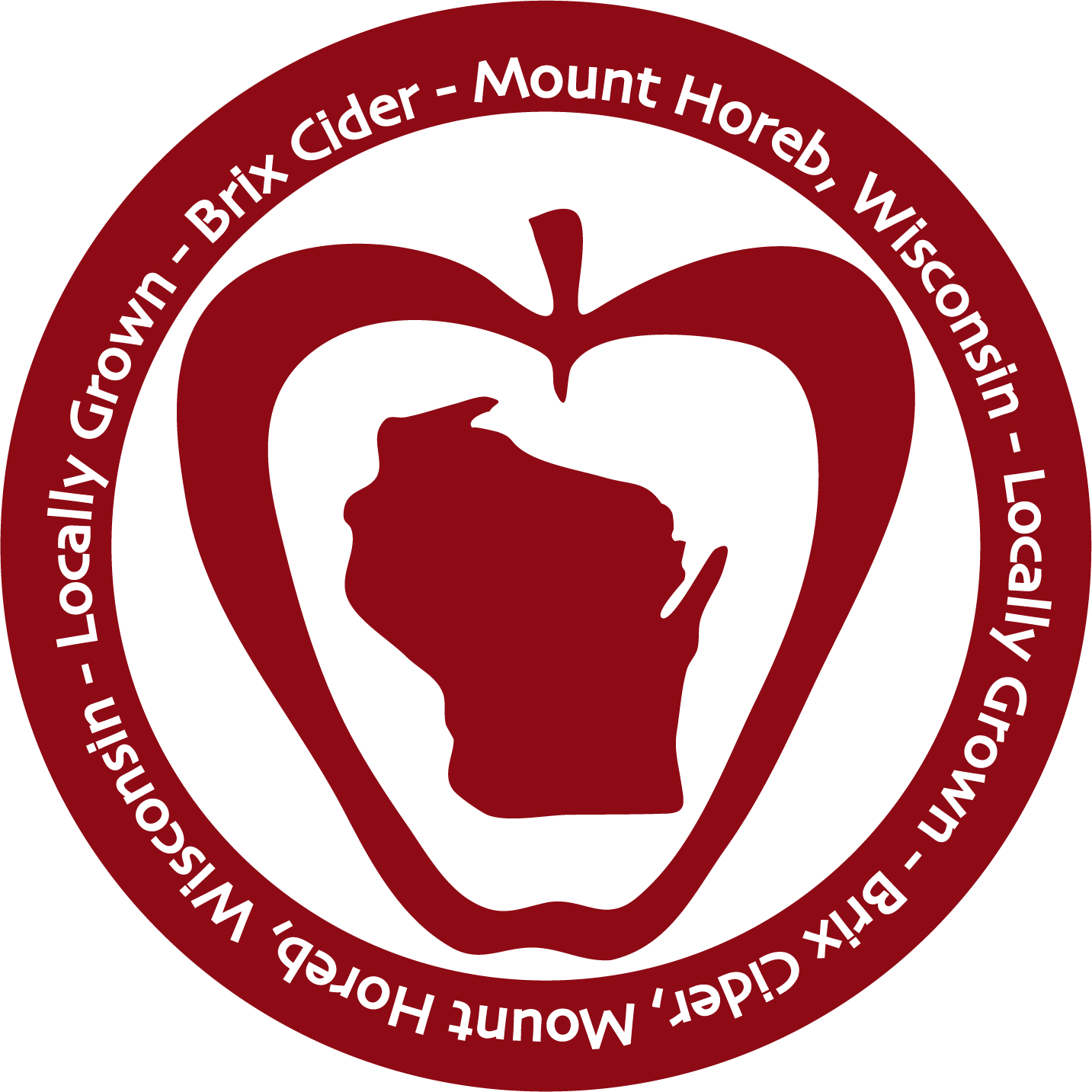Uncommon Crop Cider - Cornelian Cherry
About
A member of the dogwood family, Cornelian Cherry (Cornus mas) is not actually a close relative of common sweet and tart cherries. The plant grows to be a shrub-like tree that can be 15-25 feet tall. The fruit are bright red, drop-shaped, tart, and astringent. It is native to Eastern Europe and Western Asia. It is not commonly grown in the Midwest, except that some folks grow it as an ornamental.
Growing Cornelian Cherries
Our partner in the project, Carandale Fruit Farm, provided the Cornelian Cherries. They have been experimenting with Cornelian Cherries since 2003, and their detailed observations are available here: http://uncommonfruit.cias.wisc.edu/?p=147
Overall, Cornelian Cherries are proving to be hardy and capable of regularly producing a crop in Wisconsin. One challenge for commercial production is that they ripen unevenly, making harvest of the small fruit particularly slow and tedious.
Making the Cider
To make the Cornelian Cherry Cider, we froze the cherries, thawed them, attempted to press them on a bladder press (yielding a small amount of juice), and then we put both the fruit and the skins into the fermenting cider. The skins and pits were in a fine meshed nylon bag that was removed after 2 weeks. We added a small amount of honey to the finished cider so that it wouldn’t be totally dry.
Above: Cider maker Royal with the Cornelian Cherry Cider in his right hand (and another cider in his left)
Tasting the Cider
In our consumer tasting survey, the Cornelian Cherry Cider scored a 7.71 out of 10, making it one of our most well liked of the ciders in the study. During fermentation, the cherries added a nice pinkish color, but the color faded out over time so that it was only slightly different than a cider made with just apples. The cornelian cherries came through in the finished cider with a pleasant fruitiness (not an obvious cherry flavor) and some tannins that filled out the cider and gave it a nice finish. The word cloud below includes descriptions from our tasting panel (note that some tasters wanted to increase the amount of cherry but the biggest constraint there is availability).
Above: Tasting panel descriptions of the Cornelian Cherry Cider
Conclusions
Cornelian cherry definitely has some potential in terms of flavor contributions for a hard cider. It was popular, and the only complaint was that the cornelian cherry flavors could have been more pronounced by a larger addition. Cornelian cherries do seem to grow well in our local growing conditions, but not many growers are familiar with the crop. The biggest challenge to growing them would be a tedious harvest, which would likely lead to them having a relatively high cost. That said, we would buy more if we could get our hands on them :)


